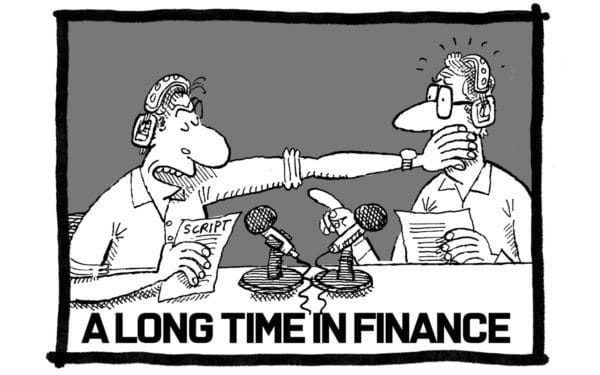A personal view from Ian Stewart, Deloitte’s Chief Economist in the UK.
After vertiginous growth over the last few years, house price inflation has all but ground to a halt, with Nationwide and Halifax estimating that UK house prices fell between August and October. With the UK almost certainly now in a recession the pressure on the housing market is set to mount.
Housing market activity has fallen abruptly since the summer. The Royal Institution of Chartered Surveyors reports that new buyer interest has dropped to levels that were last seen at the height of the pandemic lockdown and, previously, in 2008. In the US, where mortgage rates have jumped to over 7.0%, activity has slumped and the price of timber – a key input to new-build houses in the US – has fallen by two-thirds since March’s peak.
In downturns, homeowners tend to stay put if they can, rather than accept a lower price to move. Thus house prices are “stickier” in a downturn than housing activity. In the last big housing downturn, in the financial crisis, housing transactions fell by 66% compared to a 19% decline in house prices.
Falling real incomes and higher mortgage rates speak to a period of depressed housing activity and falling house prices. We see UK house prices declining by about 15% from peak to trough in this downturn. After years of growth this looks like a large adjustment. Yet it would only return UK house prices to where they were in October 2020 – and is far less than the 25% rise in prices seen in the last three years.
The pressures on households are obvious. The Bank of England’s latest forecasts, published last week, show real, post-tax incomes falling this year and next and unemployment rising into 2025. In the five years to January, rates on two-year and five-year mortgages had averaged 1.8% to 2.5%. In September, at the height of the turmoil in the UK bond market, these rates more than doubled. Market interest rates have since fallen back with the cancellation of the previous government’s mini-budget, but higher mortgage rates are here to stay.
Some 1.2m households on variable-rate mortgages have already felt the effects of interest rate rises, while 6m households are on fixed-rate mortgages which, as they come to an end, will have to be refinanced at higher rates. The Resolution Foundation estimates that by the end of 2024 more than 5m households, or one-fifth of all households, will be paying more.
Yet even in two years’ time this will still leave 2.2m households on fixed deals with unchanged rates. This illustrates an important change in the housing market since the recession of the early 1990s. Then virtually all mortgages were at variable rates. Today, about 85% of all mortgages are fixed (far higher for recent homebuyers) meaning that rising rates affect households more slowly than in the past.
This is not the only difference to the situation in the 1990s. Standards for mortgage lending have been tightened significantly since the financial crisis. There are fewer interest-only mortgages, self-certification mortgages are a thing of the past and deposit levels are generally higher. A lower expected peak in unemployment than in the early 1990s should also help prevent the kind of rise in housing repossessions seen 30 years ago. Finally, it also seems likely that, as happened during the pandemic, banks and regulators will seek to help those who are struggling with mortgage bills, possibly by extending terms or deferring payments.
A period of falling house prices and rising wages helps make housing more affordable. But given the scale of the increase in house prices since 2000 – up 250% against a 100% increase in wages – a 15% fall in house prices is fairly modest. Moreover, the benefit to new buyers of lower prices could easily be offset by higher mortgage rates or a dearth of supply as prospective sellers sit tight. A more material improvement in affordability would require a sharper fall in house prices or a prolonged period in which wages outpace house prices.
Write to us with your comments to be considered for publication at letters@reaction.life




